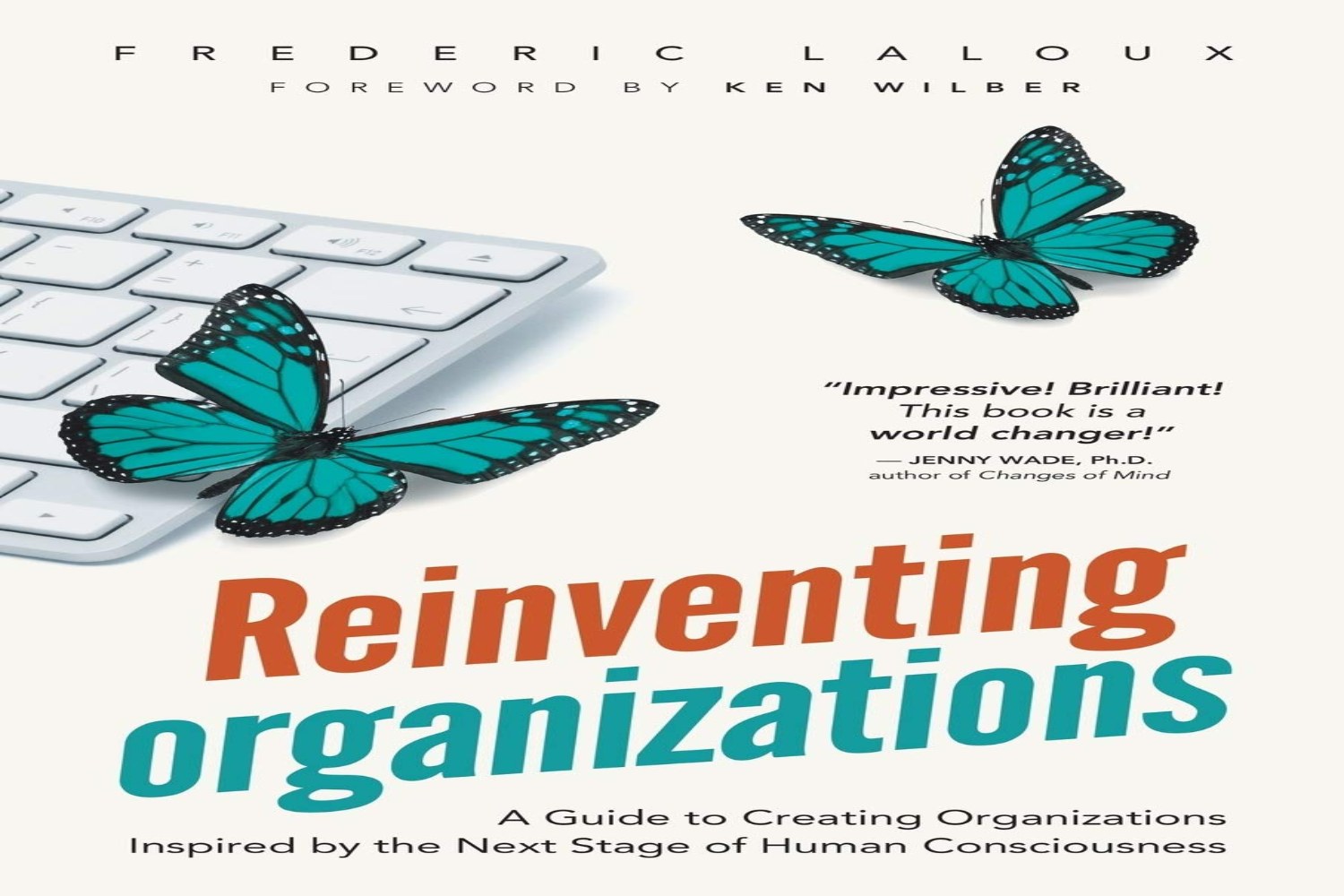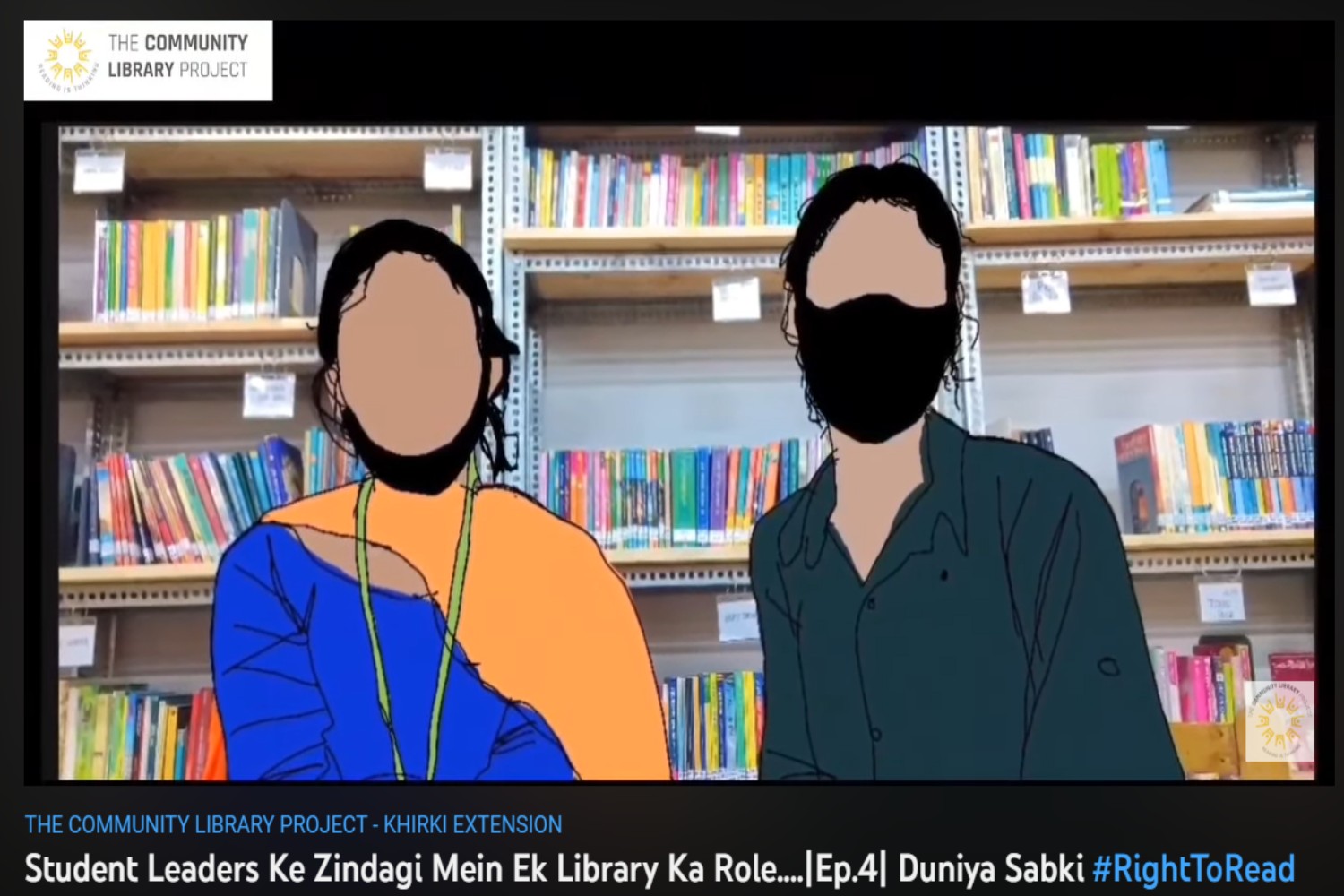Introducing Frederic Laloux’s “Reinventing Organizations”
We also carry an introduction to the book 'Reinventing Organizations' by Frederic Laloux that some people believe is a foundational text of a new global movement for creating soulful, humane, and egalitarian organizations.

Increasingly, employees and managers (and service professionals such as doctors, nurses and teachers, etc.) are disillusioned with the way we run organizations today. Survey after survey shows that the vast majority of employees are disengaged at work, while organization leaders complain that their organizations are too slow, siloed and bureaucratic for today’s world.
Many of us long for soulful workplaces, for authenticity, community, passion, and purpose. We all somehow sense that there simply must be better ways to run our businesses, nonprofits, schools and hospitals. But do we know how to do so?
Laloux’s work (book and talks) can help us understand possible gaps between individuals and their organizations, when they operate under different paradigms. His book “Reinventing Organizations” explores issues faced by individuals in organizations. It shares key insights from ground-breaking research into the emergence, in different parts of the world, of truly powerful and soulful organizations that have made a radical leap beyond today’s management thinking and practice.
The book can be broadly divided into three parts – evolutionary history of organizations, common features of the nextstage organizations, and how to create and transform into these.
In the first part of the book, Laloux’s takes a sweeping evolutionary and historical view. This section explains how every time humanity has shifted to a new stage of consciousness, it has also invented a radically more productive organizational model. Could we be facing another critical juncture today? Could we be about to take such a leap again?
The second part of the volume serves as a practical handbook. Using stories from real-life cases and examples from different sectors such as businesses and nonprofits, schools and hospitals etc., this section describes in detail how this new, soulful way to run an organization works.
The book tries to show how these organizations are structured and how they operate on a day-to-day basis. They can inspire others because they aren’t based on a purely theoretical model and do not constitute an inaccessible utopia. They provide us with very concrete ideas to help push our own organizations forward and embrace the next evolutionary steps.
“Laloux’s work (book and talks) can help us understand possible gaps between individuals and their organizations, when they operate under different paradigms.”
In this second section, Laloux explains as to why the future belongs to self-managing organizations. Here he describes his understanding of concepts such as ‘wholeness’ and ‘evolutionary purpose’ and discusses why they represent important breakthroughs.
By ‘wholeness’ he means the process of people bringing their whole self and full humanity to work, without wearing a mask. By ‘self-management’ he understands a decentralised mode of management without the formal authority of hierarchy or ‘bosses.’ ‘Evolutionary Purpose’ refers to the integral process of unfolding of the organization that is coeval with an understanding of the organization as having a soul of its own, like an independent organism that evolves over time. Rather than being controlled by people, the people sense where the organization needs to go and follow it.
The third and final part of the book examines the necessary conditions for these new kinds of organizations to thrive. It tries to answer the following questions. What is needed to start an organization on this new model? Is it possible to transform existing organizations? What results can you expect at the end of the day?
For those who find it difficult to read a dense 360-page management book, a 150-page illustrated version is also available that conveys the main ideas of the original volume and shares many of its real-life stories in a lively, engaging way.




No approved comments yet. Be the first to comment!